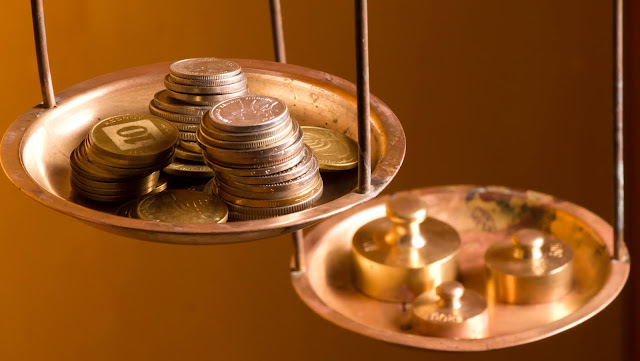Recycled Copper – why the scrap metal market is still booming
Copper is in demand. As the construction industry slowly emerges from the economic hit of the pandemic, copper is once again in demand, especially for copper wire and copper pipes and tubing. Yes, in some sectors plastic and even aluminium has replaced copper, but the red metal still holds its own. It is strong and malleable, used properly corrosion is not a problem, and it is a good conductor of electricity. And this last point is key. Not only is copper in demand for electrical wiring in buildings, it is an essential material for the rapidly growing “green” economy that is ever more reliant on cleanly generated electricity.
So demand for copper is up, but primary supply is not currently keeping pace. Enter re-cycling. Recycled copper is not new, but the level of demand has been steadily increasing for several years , and now more than ever. It’s not a surprise therefore, that the scrap metal market is busy.
Scrap copper: is it worth it?
Scrap metal has always been worth something. Copper is no exception. At the time of writing, scrap copper can be sold for anything between £3.00 and £4.50 per kg, depending on how much you have and on its purity. Even at the lowest end of this range, it is worth more than most other scrap metals. It has a long history of relatively high value, and this looks set to continue.
Purity is important, and some contaminated metals can be too expensive to clean prior to being recycled. Generally, the copper itself is in reasonably pure form, but the challenge of separating the copper from old electrical components can make the process uneconomic. Copper alloys face the same problem, although brass often has its own market, separate to its copper content.
Recycled copper is cheaper than the primary smelted metal
With all metal manufacture, making the metals from ore is highly energy intensive and copper is no exception. Of course, once the ore has been turned into ingots or sheet metal, that expensive process need not happen again. So no matter how many times a sheet of copper is recycled, it is , weight for weight, cheaper (and hopefully more environmentally friendly) than copper in its first-time use. Recycling copper uses about 10% of the energy needed for smelting from copper ore.
The purity of primary copper is highly valued, as it comes with high and consistently reliable levels of electrical conductivity. This is important even for the most basic of electric motors but becomes ever more crucial for sensitive equipment. Where conductivity is not important – in tubing, roof sheeting and in heat exchangers, for example – recycled copper is ideal. The best recycled copper (decontaminated and electrolytically refined back to grade 'A' quality) can also be used for electrical components.
Local is good
Seen from the UK, all primary (new) copper is imported, and most comes with a high carbon footprint. The major producers are Chile, Peru, China, the Democratic Republic of Congo, and the USA. Australia, Zambia, Canada, Russia, and Mexico are also producers. In Europe copper is mined in Finland, Poland, Portugal, Spain and Sweden, but not on the same scale as elsewhere.
Copper recycling, on the other hand, is usually done nationally. Approximately half of the copper used in Europe is recycled, and most of that is recycled in Europe, including in the UK.
As with everything we buy, it is good to see a reduced carbon footprint and good to know that, handled properly, copper is infinitely recyclable. So next time you have a computer to throw out, remember it contains about a kilogram of copper. If you do nothing else, seek out a scrap merchant or recycling centre who will deal with it properly – seek out someone who is worth their metal.
--
Advanced Alloys Ltd is a specialist supplier of products made from the highest quality alloys of copper, brass, bronze and zinc. They have an exhaustive range of products suitable for all industries. Alloys can be delivered in wire, tube, sheet or bar form, and cut, bent or manipulated as required. An experienced logistics team makes sure that products reach their destination in perfect condition as swiftly as possible.
Telephone: 023 8061 8891 Email: sales@advancedalloysltd.co.uk



Comments
Post a Comment